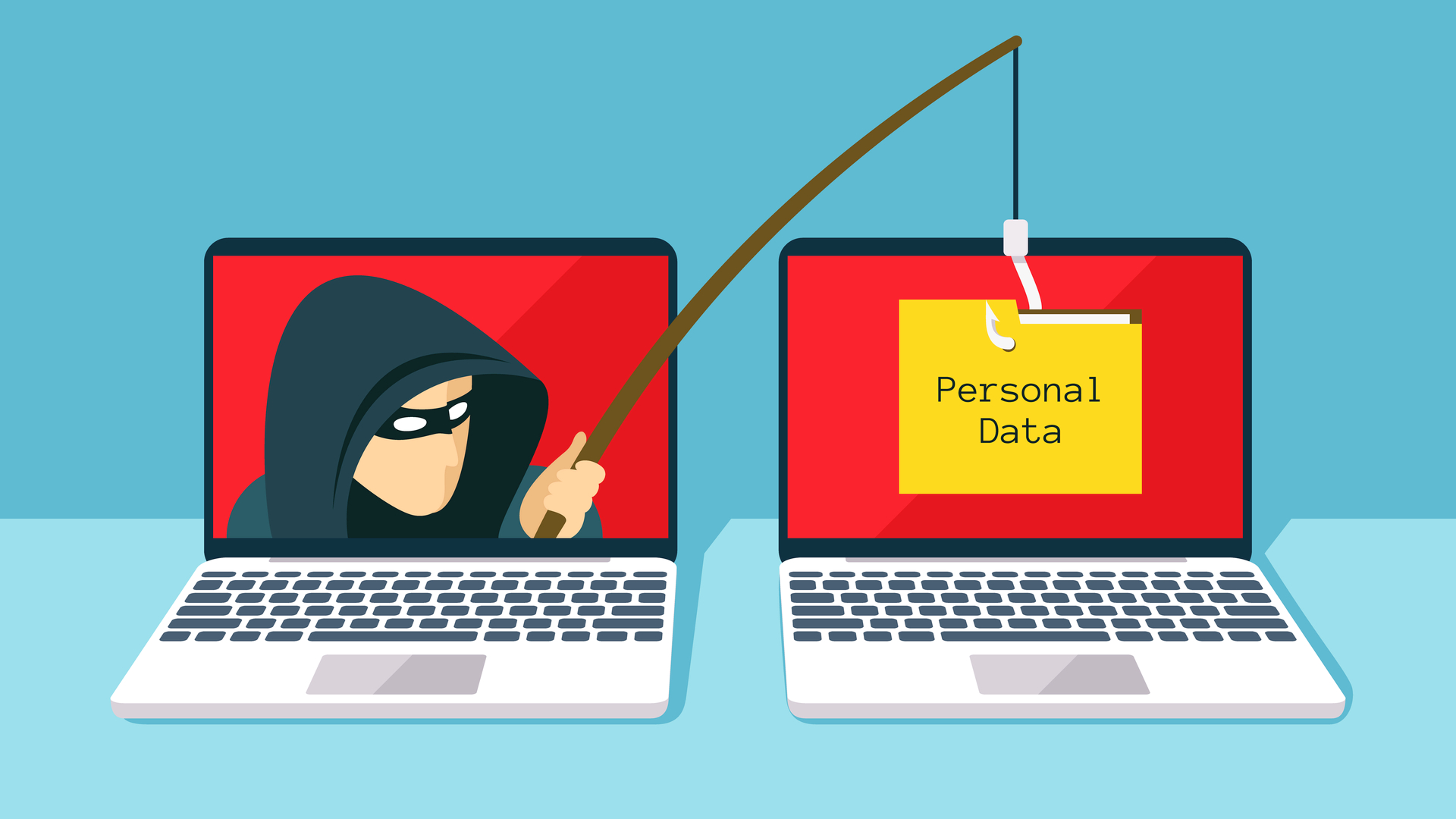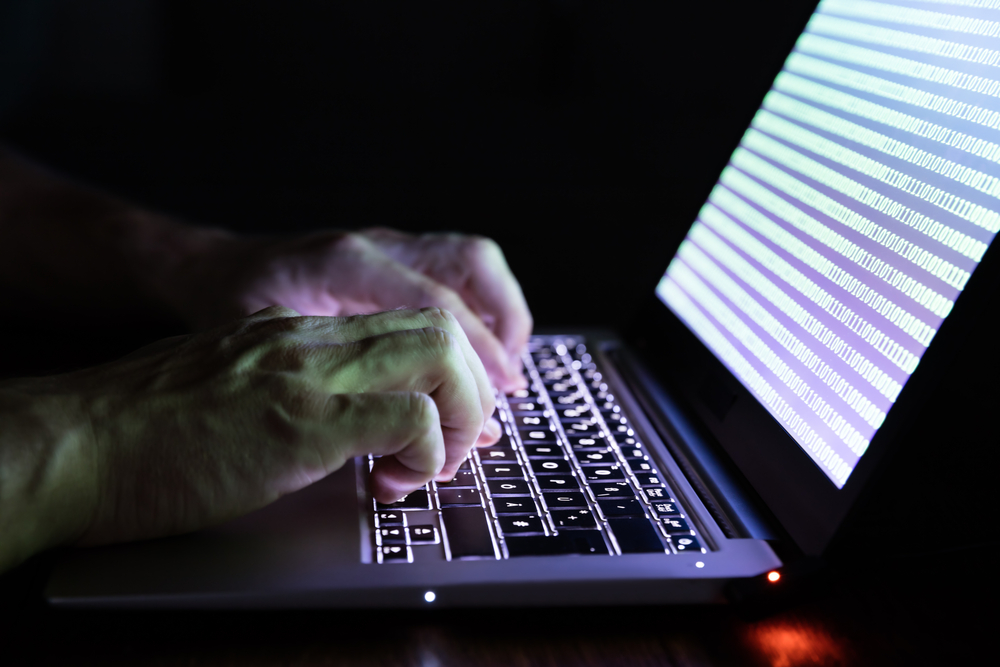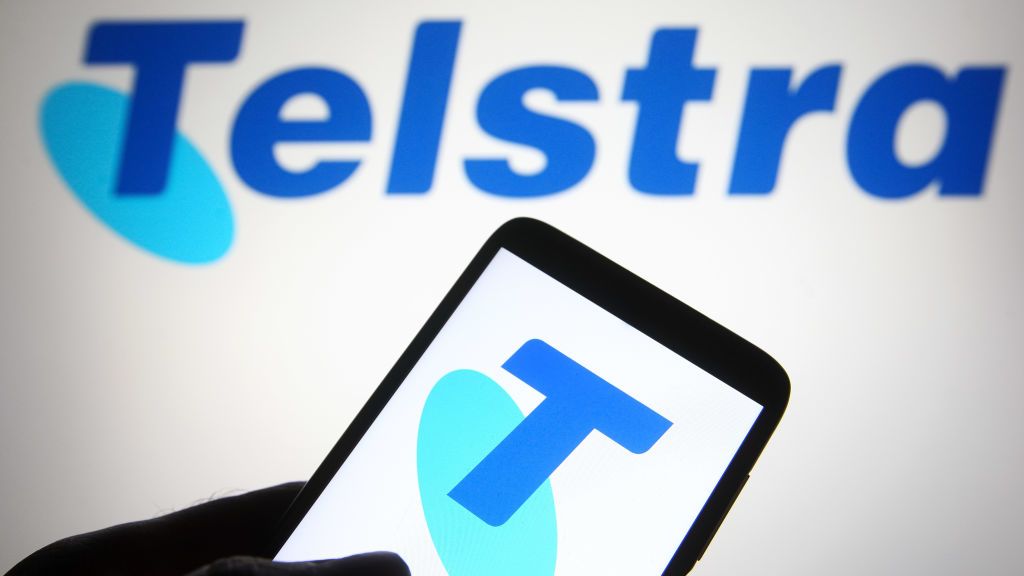Philippine senate to probe incessant surge in text scams
Senator Grace Poe also called for the revival of the Philippines’ SIM Card Registration Act vetoed by former President Rodrigo Duterte

The Philippine senate has launched an investigation to identify offenders behind widespread phishing scams in the country.
Per reports, Philippine citizens encountered an unprecedented number of text messages that attempted to steal their passwords for fraudulent transactions.
Heavy reliance on mobile devices, following COVID-19, for shopping and food delivery orders, as well as banking, contributed to the rise of mobile-based scams.
Corroborating the ordeal, the country's two biggest telecoms providers, PLDT and Globe stated they had successfully blocked over one billion spam and suspicious text messages by far.
Sharing their insights further, the telecom firms affirmed that no cyber attacks have occurred on their combined mobile subscriber base of 156 million.
Even so, the surge in phishing scams has led Senator Grace Poe, who heads the senate's public services committee, to call for an increase in cyber crime control measures.
"This is a staggering number of messages that prey upon the vulnerable like those who are unemployed, in need of money or are just unfamiliar with these schemes," Poe said.
Sign up today and you will receive a free copy of our Future Focus 2025 report - the leading guidance on AI, cybersecurity and other IT challenges as per 700+ senior executives
The Senator also insisted “it was time for lawmakers to revive a bill, vetoed last year by then President Rodrigo Duterte, that would require SIM card buyers to register with network providers to prevent scams and misinformation.”
RELATED RESOURCE

The trusted data centre and storage infrastructure
Invest in infrastructure modernisation to drive improved outcomes
According to the former president’s spokesperson, Duterte vetoed the bill after learning the proposed law mandated the inclusion of social media accounts for identification.
“[He] was constrained to disagree with the inclusion of social media in the measure, without providing proper guidelines and definitions thereto, as the same may give rise to a situation of dangerous state intrusion and surveillance threatening many constitutionally protected rights,” said presidential spokesperson Martin Andanar.
-
 The modern workplace: Standardizing collaboration for the enterprise IT leader
The modern workplace: Standardizing collaboration for the enterprise IT leaderHow Barco ClickShare Hub is redefining the meeting room
-
 Interim CISA chief uploaded sensitive documents to a public version of ChatGPT
Interim CISA chief uploaded sensitive documents to a public version of ChatGPTNews The incident at CISA raises yet more concerns about the rise of ‘shadow AI’ and data protection risks
-
 Latitude Financial's data policies questioned after more than 14 million records stolen
Latitude Financial's data policies questioned after more than 14 million records stolenNews Some of the data is from at least 2005 and includes customers’ name, address, and date of birth
-
 Latitude hack now under state investigation as customers struggle to protect their accounts
Latitude hack now under state investigation as customers struggle to protect their accountsNews The cyber attack has affected around 330,000 customers, although the company has said this is likely to increase
-
 IDCARE: Meet the cyber security charity shaping Australia and New Zealand's data breach response
IDCARE: Meet the cyber security charity shaping Australia and New Zealand's data breach responseCase Studies IDCARE is recruiting a reserve army to turbocharge the fightback against cyber crime not just in the region, but in the interests of victims all over the world
-
 Australia commits to establishing second national cyber security agency
Australia commits to establishing second national cyber security agencyNews The country is still aiming to be the most cyber-secure country in the world by 2030
-
 Medibank bleeds $26 million in cyber costs following hack
Medibank bleeds $26 million in cyber costs following hackNews The company believes this figure could rise to $45 million for the 2023 financial year
-
 TikTok's two new European data centres to address data protection concerns
TikTok's two new European data centres to address data protection concernsNews The company is under pressure to prove its user data isn’t being accessed by the Chinese state
-
 Cyber attack on Australia’s TPG Telecom affects 15,000 customers
Cyber attack on Australia’s TPG Telecom affects 15,000 customersNews It is the third cyber attack on a major Australian telco since October
-
 Telstra blames IT blunder for leak of 130,000 customer records
Telstra blames IT blunder for leak of 130,000 customer recordsNews Australia’s biggest telco said that the error was due to a mismanagement of databases and not a cyber attack